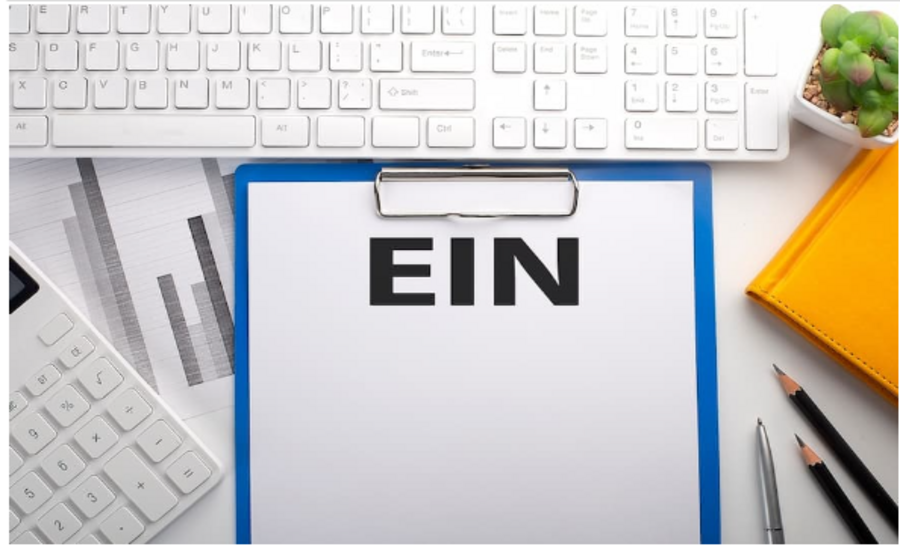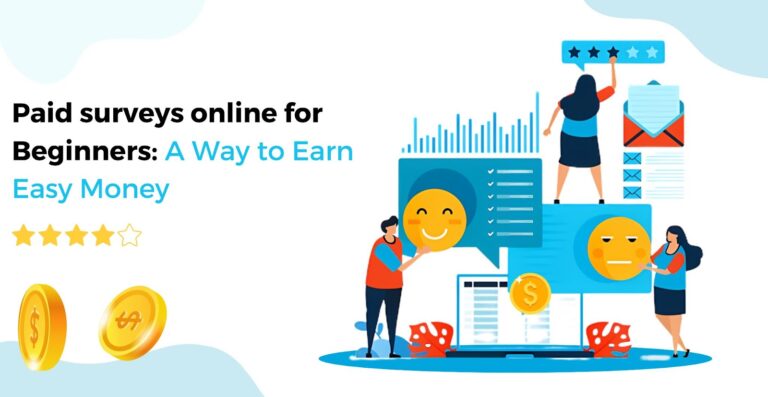Top 10 Benefits of Having an EIN for Your Business
An Employer Identification Number (EIN) is a unique nine-digit number issued by the Internal Revenue Service (IRS) to businesses for tax purposes. Whether you’re starting a small business or running an established company, having an EIN is essential for a wide range of legal, financial, and operational reasons. It acts like a Social Security Number for businesses, enabling owners to establish a distinct identity in the eyes of the IRS and other governmental bodies. If you’re looking to grow and scale your business while maintaining compliance with various regulations, obtaining an EIN is a crucial step. Let’s dive into the top 10 benefits of having an EIN for your business.
1. Simplifies Tax Filing
Having an EIN allows you to easily file federal and state taxes. It separates your personal and business taxes, which simplifies the process of filing tax returns and ensures you comply with tax regulations. With an EIN, you can apply for business tax credits and deductions, leading to potential tax savings. Additionally, it provides a professional identity in your tax documents, keeping your business affairs distinct from personal finances.
2. Opens Business Bank Accounts
Most banks require an EIN to open a business bank account. By having a dedicated bank account for your company, you maintain a clear distinction between your personal and business finances. This also makes it easier to manage expenses, track income, and maintain clear financial records, especially when preparing taxes. A business bank account also lends credibility to your company, showing clients and vendors that you operate as a legitimate entity.
3. Required for Startups and Hiring Employees
If your company plans to hire employees, an EIN is legally required by the IRS to report taxes. Additionally, obtaining a startup EIN helps establish your business’s legitimacy early on. It allows you to meet payroll tax obligations, file for unemployment, and report employee wages. Having an EIN is one of the first steps a startup takes to position itself for growth, ensuring you can hire staff and expand without regulatory hurdles.
4. Ensures Business Identity Protection
An EIN helps protect your personal identity by separating your business from your personal information. Without an EIN, your Social Security Number might be used for business purposes, increasing the risk of identity theft. Using an EIN prevents unnecessary exposure of your personal details and enhances your business’s privacy. This is particularly beneficial when applying for loans or dealing with large vendors who require your business information.
5. Facilitates Business Credit
Establishing business credit is essential for growing companies, and an EIN is a necessary requirement for doing so. With an EIN, you can start building a credit history for your business independent of your personal credit score. Over time, good business credit makes it easier to secure loans, negotiate favorable terms with suppliers, and expand your business operations. It also helps protect your personal credit, keeping your finances secure.
6. Helps with Business Licenses and Permits
Many state and local governments require an EIN when applying for business licenses or permits. Depending on the nature of your business, you may need specific licenses to operate legally, such as health permits or professional certifications. Having an EIN simplifies this process by allowing you to register your business with the appropriate authorities. This ensures compliance and allows your company to operate without facing potential fines or legal issues.
7. Supports Growth Opportunities
As your business expands, having an EIN makes it easier to transition into new phases of growth. Whether you’re seeking investors, applying for a loan, or entering into contracts with other companies, having an EIN is essential. It signals that your business is a legitimate, professional entity ready for long-term growth. This also helps attract more opportunities from partners and stakeholders who value a properly structured business.
8. Simplifies Vendor and Supplier Contracts
Working with vendors and suppliers often requires an EIN. When you enter into contracts for goods and services, an EIN confirms that your business is recognized by the IRS and can legally engage in transactions. It streamlines invoicing, tax reporting, and payment processes between businesses. Additionally, many suppliers require an EIN to offer wholesale pricing, making it easier for your business to reduce operational costs.
9. Improves Trust with Customers
Customers are more likely to trust a business that operates professionally and complies with legal requirements. Having an EIN, which you can list on contracts, invoices, and legal documents, demonstrates that your business is legitimate. This helps build trust with your customers and increases your credibility. In today’s marketplace, consumers value transparency, and having an EIN showcases your commitment to running a reputable business.
10. Allows for Business Continuity
If you decide to change your business structure or ownership, an EIN simplifies the transition. Whether transitioning from a sole proprietorship to a corporation or adding new partners, an EIN remains consistent throughout these changes. It allows your business to maintain its legal and tax identity even as the organization evolves, making it easier to adjust your business structure without the need to obtain a new EIN.
Conclusion
Having an EIN is crucial for any business, regardless of its size or industry. It simplifies tax filing, enables growth, and helps protect both your personal and business identity. Whether you’re opening a business bank account or hiring employees, an EIN is an essential tool for maintaining compliance and establishing your business as a credible entity. By obtaining and using an EIN, you pave the way for greater financial opportunities, long-term success, and continued growth in the marketplace.





